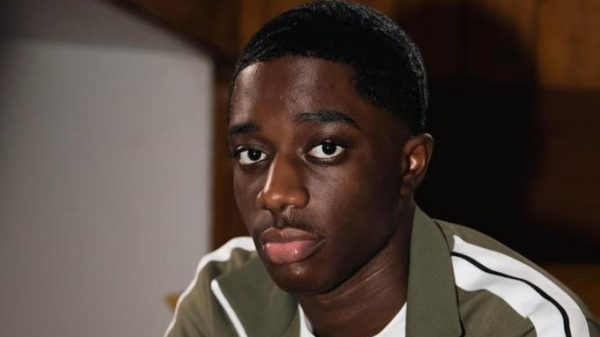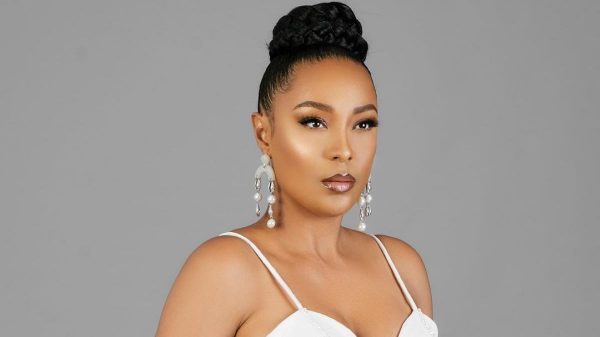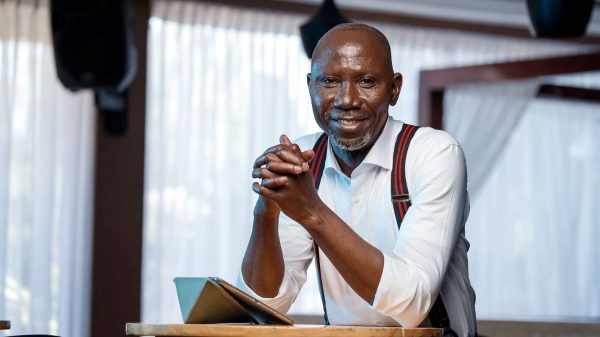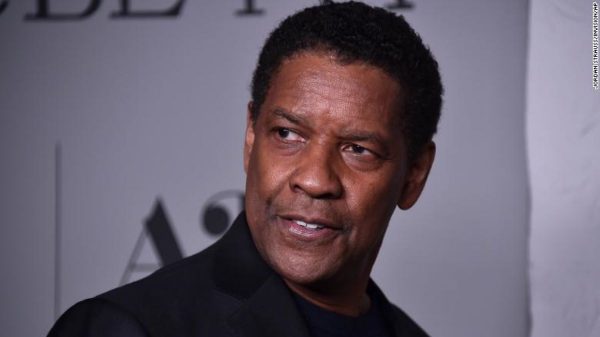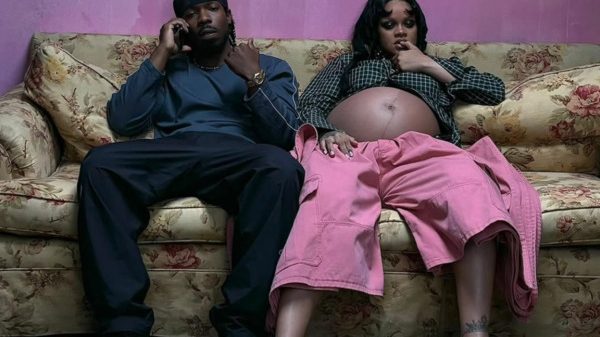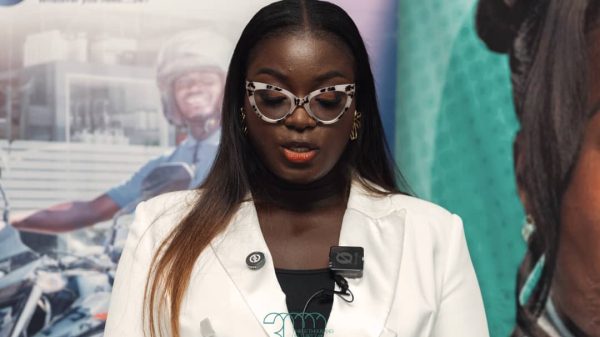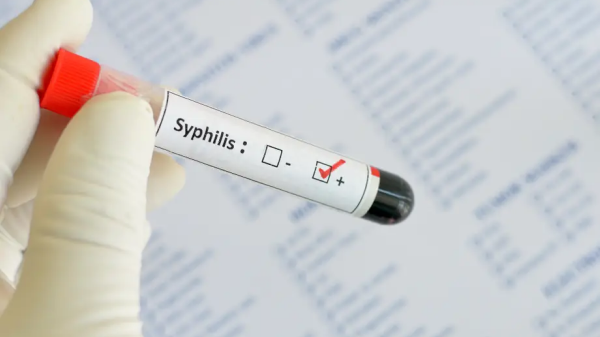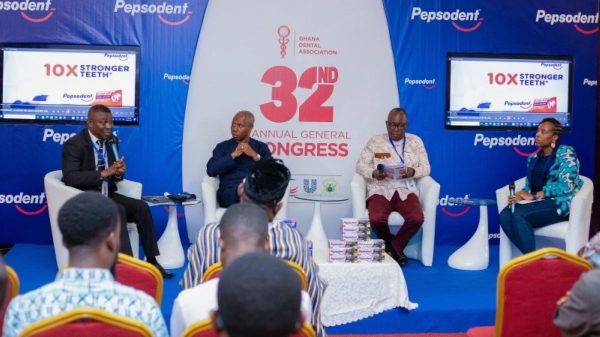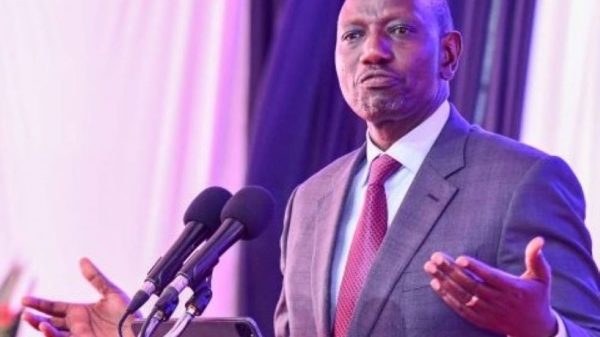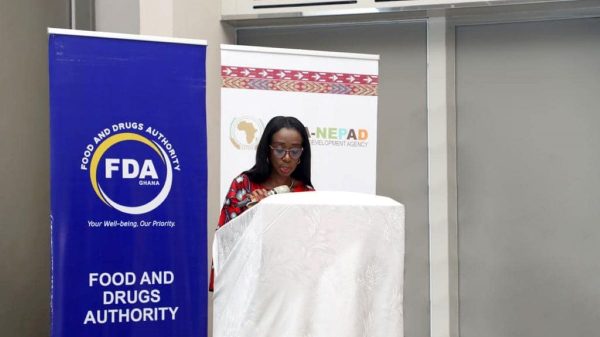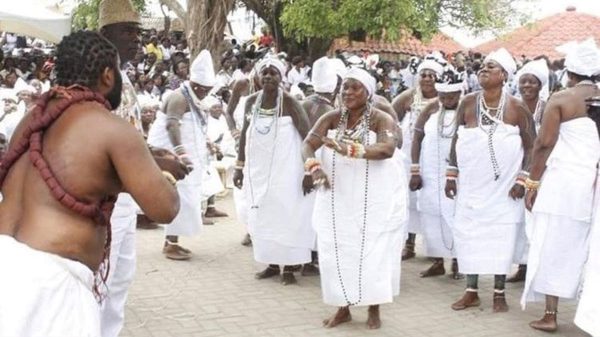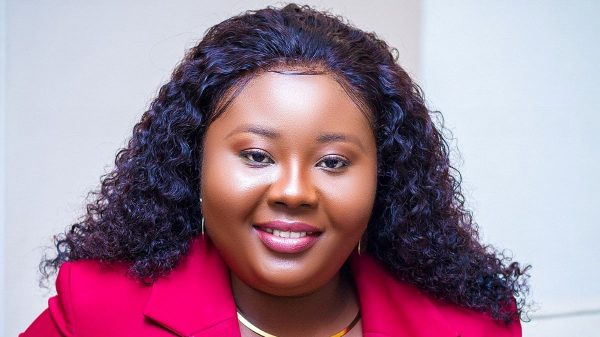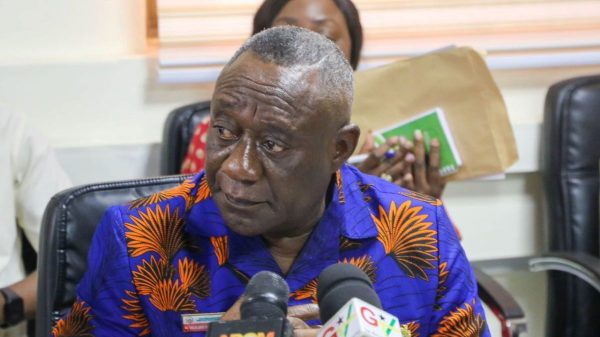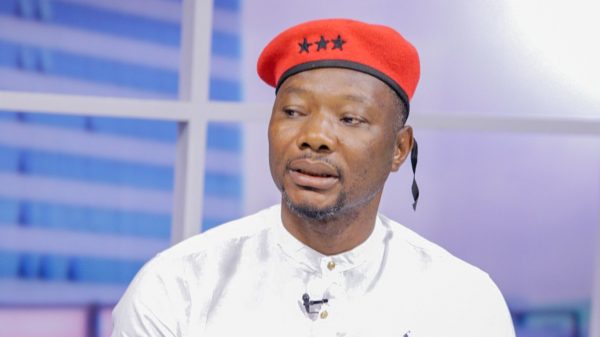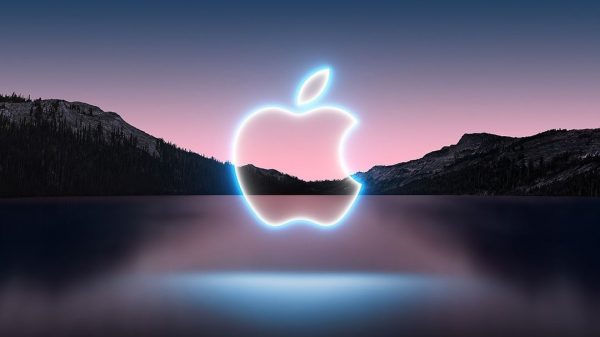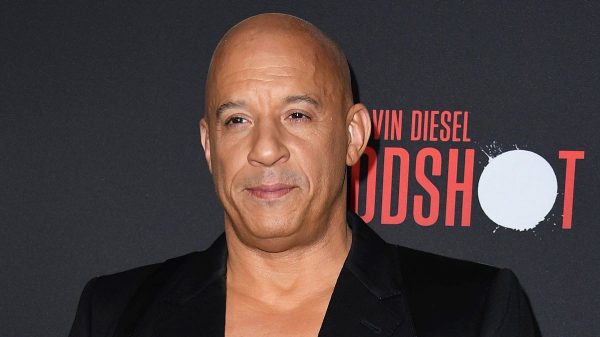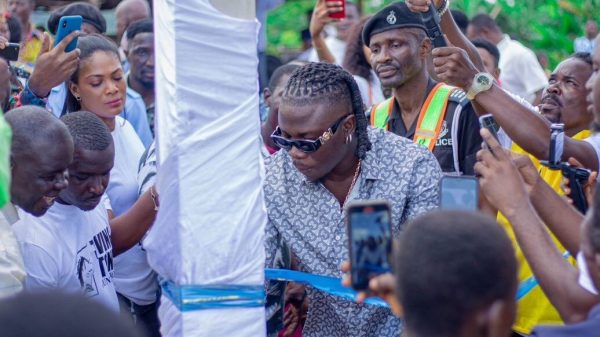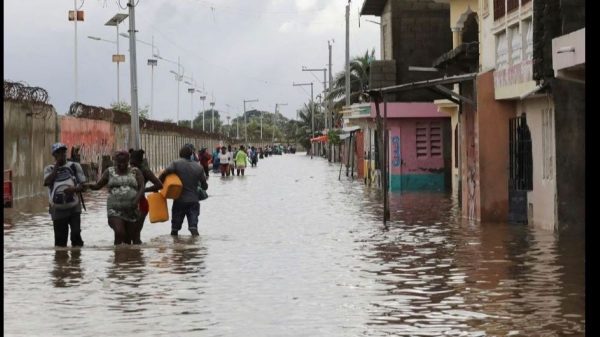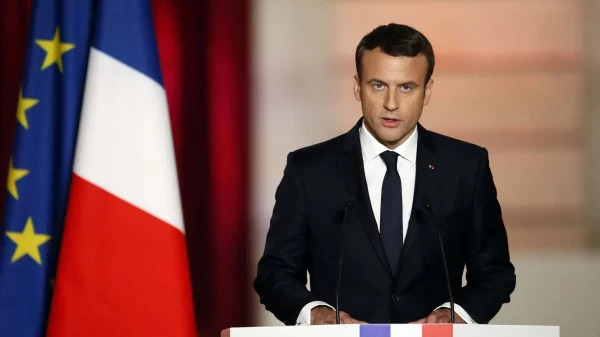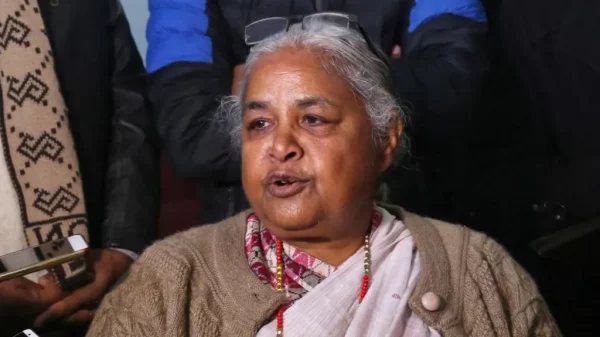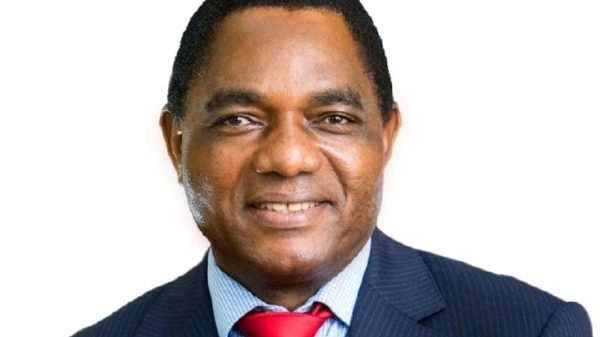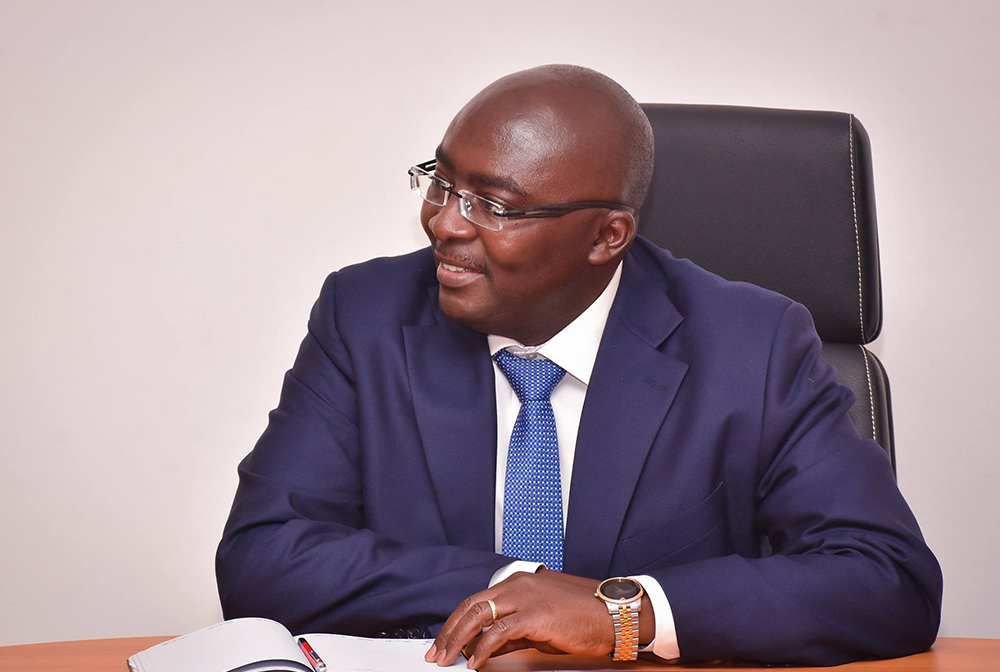Vice President Dr. Alhaji Mahamudu Bawumia has stated that, contrary to some speculation, the Bank of Ghana(BoG) did not spend any reserves to revive the cedi following the initial depreciation.
Some people have misunderstood the requirement by the International Monetary Funds(IMF) for the Bank of Ghana to build up its reserves by some $800 million to mean that, the Bank of Ghana used that money to reserve the depreciation of the Ghanaian cedi.
According to Dr. Bawumia, the reason for the sudden reversal in the sharp depreciation that Ghanaians observed was that, the market corrected itself, adding that, investor sentiments, expectations and uncertainties acknowledged that the fundamentals are much stronger than suspected, and the even without IMF, the fiscal and monetary discipline are assured.
Dr. Bawumia revealed that, to meet the IMF prior action, the Bank of Ghana had to rather build up reserves in a period of extreme demand pressures by some $800 million, and had no room to intervene in the foreign exchange market in the line with approved intervention policy. This he claims partly explains why the Ghana cedi came under significant pressure during this period which he was exacerbated by speculation.
The Vice President disclosed that, in 2014, the exchange rate depreciated by 31.3%. He stated that, the fiscal deficit was 10.1%, Public Debt to Gross Domestic Product(GDP) rose to 70.2%, Inflation rose to 17% and GDP growth declined from 7.3% to 4.0%. He stated that, the economic fundamentals had weakened significantly and therefore the depreciation was easily explainable.
Dr. Bawumia stated that, the most important reason and the proximate cause of the recent depreciation is the time inconsistency of an IMF prior action on the reserves target. At the end of January, as part of the 7 prior actions to complete the IMF program which went to the board on March 20, 2019, the Bank of Ghana was required to ensure net international reserves(NIR) target on March 14, 2019, are the same levels as it was at the end of March.
He stated that, although in absolute terms interest payments have the last two years, with much better debt management, interest payments as a percentage of GDP declined from 6.9% of GDP in 2016 to 5.6% of GDP in 2018, reducing the burden of the debt on the budget, noting that, for the first time in a decade, Ghana recorded a primary balance surpluses(that is tax revenues exceeded all government spending-excluding debt service payments) for two years.
The VEEP stated that, the primary balance surplus was 0.5% of GDP in the 2017, 1.4% in 2018, compared to a primary deficit of 1.1% of GDP in 2016. A positive primary balance means a slowing down in the rate of debt accumulation.
Vice President Dr. Alhaji Mahamudu Bawumia however stated that, the Ministry of Finance has focused on aligning government revenue with expenditure in order to reduce the fiscal deficit. He added that, the Bank of Ghana has performed its complementary role in managing the country’s monetary and financial environment.
By: Gerrard-Israel








